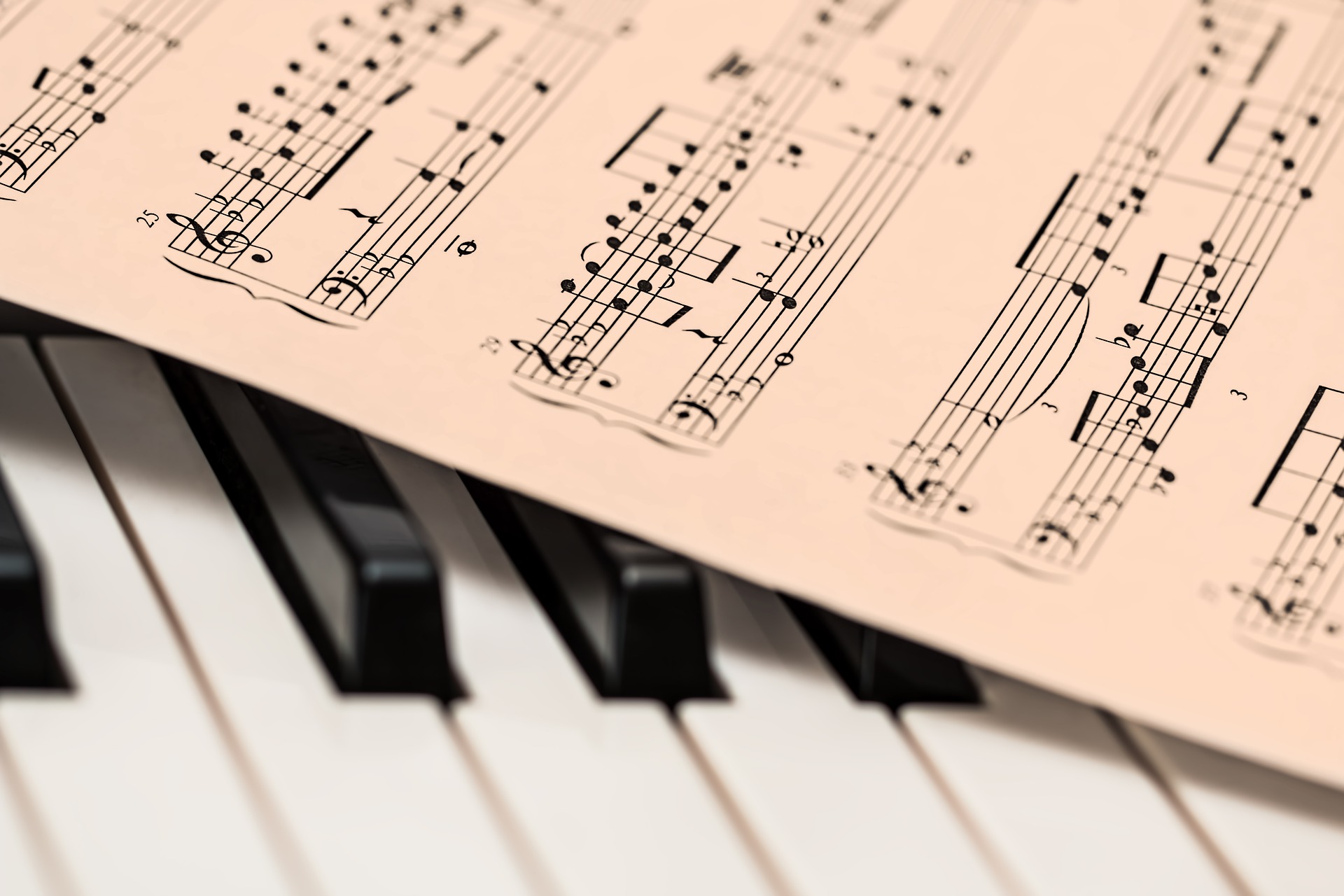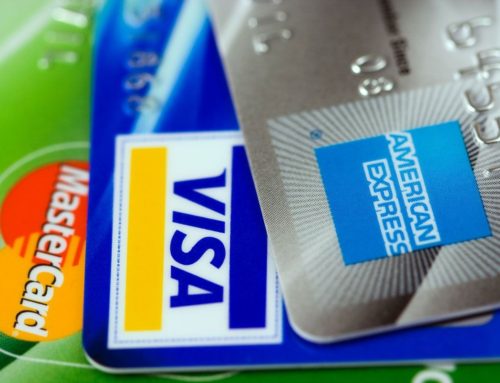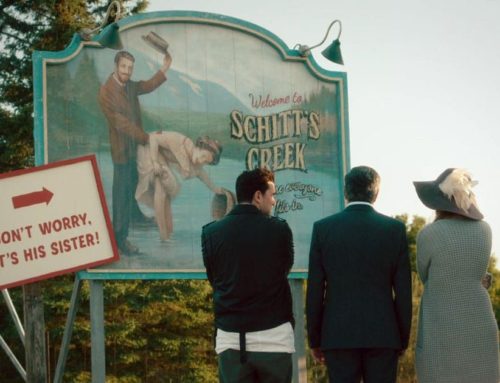Image by Gavin Whitner.
In my last post I argued how composers are in the business of producing and monetizing assets. To remind you, an asset is an item, physical or digital, that has an exchange value. They are items that a composer can trade, sell, or rent. And as Robert Kiyosaki says, assets are things that put money into your pocket.
The primary work of a composer is to write new pieces of music. Those pieces of music become assets in the composers catalog. Whether they exist as a score, a recording, or both, the composer can monetize those assets to produce revenue.
In this post I want to expand on this idea. I am going to give you six reasons to think of your music as an asset and some ideas on how to monetize your assets.
Before I can do that I have to explain an underlying principle that is the key that unlocks your music, turns them into assets, and can help you create and sustain a comfortable standard of living. The key idea is ownership.
This idea is embedded in the definition of asset I provided above, but it’s easily overlooked. Except for specific cases, only the person who owns the asset gets to monetize it. For composers this means owning and maintaining the copyright first and foremost.
There are situations when composers sell, or give their copyright away. A majority of media composers who write bespoke music write their music as work-for-hire, which, by law, means the person hiring them to write the music owns the copyright. Most of the iconic film scores are owned by the studio which produced the film. Likewise, composers who traditionally publish their music assign the copyright to the publisher. This allows the publisher to make as many copies as needed so they can sell the music. But in a typical publishing agreement the copyright is then owned by the publisher.
No matter what what, the composers who traditionally publish or write music for hire still have the right of authorship. A composer should never, ever, sell or give away all of his or her rights, especially this one. If you own no part of the music, you can derive no income from the music as an asset. Why? BECAUSE YOU DO NOT OWN IT.
So, if you own the music you compose you own a set of assets. You can then monetize those assets. Quite simply, this means you can use these assets to create revenue.
Don’t believe me, yet? Here are six reasons why you need to think of your music as an asset.
1. Your scores and recordings are infinitely reproducible at a price of nearly nothing
If you have a house, which is an asset, you can only sell it once before you lose the right to sell it again. A house can only be profitably sold once for each instance of ownership. If you want to create more houses to sell you can, but the cost of duplication is very high.
A score is infinitely reproducible. Even better, our technology is so good that replication errors are almost non-existent for digital scores such as PDFs. Even better than that, it costs you almost nothing to duplicate it.
In fact, every time you attach a score or a recording to an email, or someone clicks on a link to view, listen, or download your music, your computer creates a copy. The way the internet works is to copy files and transfer them from one computer to another. For instance, if I want to stream a sound file, movie, or view a score, my computer has to first cache the file by downloading it. Most downloads (as streams) are instantly deleted, but the point here is that your computer downloaded a copy. You can repeat this process for infinity.
The ultimate point is if you can infinitely copy your score, you can sell each copy an infinite number of times while maintaining the pristine original. The same is true for recordings. A score or a recording can be in infinitely profitable.
2. Your scores and recordings can be sold
I have found that composers, and creative types in general, don’t like talking about money. For better or worse, we live in a world where money is what we use to get housing, food, clothing, entertainment, and more. We need to learn how to talk about money, how money works, and how to monetize our music.
Monetizing your music means to find a way to exchange the thing (asset) you own (a score or a recording) for some agreed upon value. Remember the definition I used for an asset that opens this post?
We normally use money in the form of dollars as the measurement of value, but that’s not the only form of measurement. You can convey value with cryptocurrency, the trading of other assets, the trading of a service, or just about anything else you can think of that has value. In the end what really matters is that both parties agree to the same measurement.
The point is that you can sell your scores and recordings. This is how you can earn the money you need to function and live. This should not come as a surprise. I have yet to meet a composer that looks on selling scores with disdain. In fact, it has been my experience that most composers get excited when they sell a score. Yet I am surprised by the negative mindset so many have about money and the process of selling our work/art/assets.
3. Your scores can be rented
Not only can you sell your assets (or copies of them), but you can also lease them to create cash flow.
Individuals and companies lease assets all the time. Real estate is obvious. If you are renting an apartment, house, storefront, or land you are leasing that asset from the owner for your personal or business use. You can also lease cars (Hertz), moving trucks (Uhaul), movies (Redbox), instruments (student rentals), and just about any other asset you can think of.
For some circles of the concert music world it is almost standard practice to lease, or rent, performance scores and parts. In musical theater you almost can’t buy copies of the music or even the actor’s books—you have to rent them. Many older and established music publishing houses still generate a significant part of their income from score rentals.
For many of the major works still under copyright and published by Boosey & Hawkes the only way for an ensemble to program the piece is to rent the performance materials. I just did a search on their rental catalog for Aaron Copland’s music and it came back with 110 pieces, which include variations and different engravings, of his you can rent. Boosey & Hawkes, and Copland’s estate, continue to reap the rewards of the asset Copland created. Ensembles around the world program his music every year.
Some composers choose to manage their own rentals, especially in the wind ensemble and concert band world. It is time consuming and labor intensive, but lucrative if people are clamoring to program your music.
4. Your recordings can be licensed
Composers who make their scores available for rent are granting the renter use of the physical object. Composers who license their records are giving permission to someone else to use one or more of the rights the composer owns.
The industries that most frequently license music are entertainment and broadcasting. Films, TV, radio, and video games license recordings from composers on a daily basis. These industries are huge and growing. All those annoying ads on YouTube and Spotify, they need licensed music, too. Many YouTubers license music, and even more should.
You hear licensed music everywhere you turn. You find it in film trailers, ad spots, commercials, corporate training videos, and the playlists of restaurants, hotels, and stores. This is list is not exhaustive.
Most composers who license their music do so through a third party: either a music library such as Move Music or a service that acts as an intermediary such as Songtradr. By the way, you can hear interviews with the founders and CEOs of both of those companies here, here, and here.
The right most often licensed is the synchronization (or synch) right, which allows the licensee to use the recording in a visual media. Composers can also license the mechanical rights to those who want to distribute the recording not attached to a visual media—such as a CD.
The underlying principle is basic, but navigating the legal hoops can complicate the process. The point here is that if you have a recording of your music you can turn that recording into a revenue generating machine because the recording itself is an asset.
5. Performances of your scores and recordings generate royalties
Another way composers can monetize their assets is to collect performance and broadcast royalties. This is why it is critical that every composer register with a PRO (Performing Rights Organization). The two biggest PROs in the United States are ASCAP and BMI.
PROs sell licenses for the performance and broadcasting of music and track of the number of performances and broadcasts. With the information the PROs collect they distribute royalty payments to the authors and publishers. The requirement for receiving the royalty payment is to have your music registered with the PRO.
Here’s an important point that many performers often miss. The legal purchase of sheet music doesn’t automatically grant the right to perform the music in public. PROs sell the licenses required to perform music in public. They do this on behalf of the composer. The burden of obtaining a license usually is the responsibility of the venue.
There are exceptions, such as some educational institutions, but here’s what ASCAP’s website says about who needs to buy a license:
ASCAP’s customer licensees include: Airlines, Amusement Parks, Bars, Restaurants & Nightclubs, Colleges & Universities, Concert Presenters, Music Venues & Clubs, Convention & Trade Shows, Fitness Clubs, Hotels, Local Government Entities, Radio & Television Stations and Networks, Mobile Entertainment, Websites, Retail Stores and music users in a wide variety of other industries.
It sounds draconian and scary, but this also ensures that if you are the composer you get paid for the use of your music.
For many established composers the performance royalties can exceed the profit generated from the sales of scores. It also allows you to profit from that particular asset more than once! First when you sell or lease it, second when it’s performed. If the performance is recorded and made for sale you can profit from it a third time. Then if the recording is licensed for synchronization you can profit from it a fourth time!
This makes our music a potentially very lucrative asset.
Register your works with ASCAP or BMI because it protects your rights and ensures you receive the royalty payment you deserve as the composer.
6. The more music you have in your catalog, the more opportunities you have of profiting off it
Every book on how to invest, to save for retirement, or to grow wealth includes a lesson on compounding interest. Warren Buffet has reportedly claimed that compounding interest has been the most powerful force in the development of his immense riches.
Compounding interest works like this. If you invest x dollars at given interest rate and continually re-invest the dividends the increase of wealth over time looks more like an exponential curve than a straight line. Go to any of the free compound interest calculators on the web and try this out for yourself.
Here’s a common example. If from the moment you turned 18 you put $100 per month into an investment account. That account earned 7% interest annually. You continue doing this every month for 47 years until the day you turned 65. On your 65th birthday you would have $422,724.11 in your account. Instead, if you had put the $100 in a jar in your room every month you would only have $56,400 at the end of 47 years.
Pretty amazing.
Let’s not spend time discussing the assumptions in the example. Instead, let’s apply this concept to developing our catalog of pieces.
An investment account is an asset as long as it continues to grow. Your catalog is a collection of assets and can, itself, be an asset of sorts in the same way. If you have only one piece in your catalog it limits the amount of monetization that you can pull from that asset. For each piece (asset) you add to the catalog, the increase in earnings potential (monetization) increases at an exponential rate.
Why? For three reasons.
First, the Lindy Effect shows that for, “every additional period of survival [or piece added to the catalog] implies a longer remaining life expectancy.” Or in creative terms according to Ryan Holiday, “Classics stay classic and become more so over time. Think of it as a compound interest for creative work.” Success breeds success.
Second, one of the best ways to ensure that people continue to buy or lease your music is to be constantly creating more music! If I like your music I’m more than likely to go looking for more works that you have done. This is true for me as a conductor, it is true for me as a listener and fan. The more music you have in your catalog the more those who are interested in your music can choose to buy.
Third, you should be growing your audience over time as well. When you start as a composer there may be only one fan/performer/ensemble that’s interested in your music. You also have a small handful of pieces to offer them. By the 30th year of composing I would hope you have come as close as possible to Kevin Kelly‘s 1,000 True Fans.
When you add this all up it means that more and more fans become interested in your ever-growing body of work over time. Each new fan is likely to look backward in your catalog for more music. Every new fan of your music represents an exponential increase in the value of your catalog and assets.
Growing your catalog may be your most valuable asset.
Let’s recap. As a composer you are in the business of producing and monetizing assets.
If you own the music you write you can monetize your assets by turning them into revenue streams. There are multiple ways to do this.
But before you can monetize your assets YOU HAVE TO OWN THEM.
Ideally, you own the copyright. This is why self-publishing can be so lucrative.
You also need to have them registered with a PRO.
The glorious Alex Shapiro has also written on this for New Music Box. Check out her thoughts here.
So…
The pattern can go on for forever.





